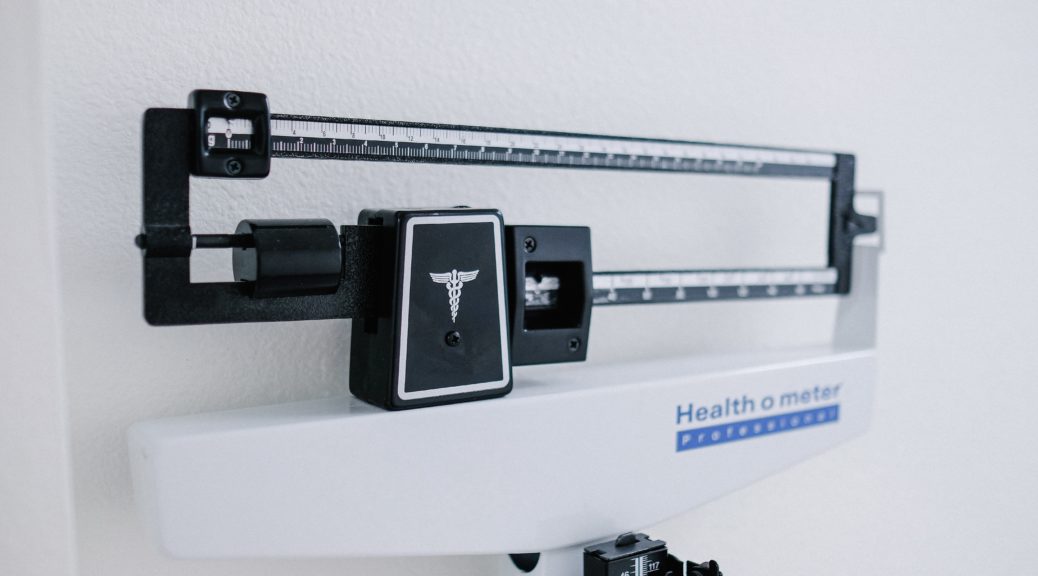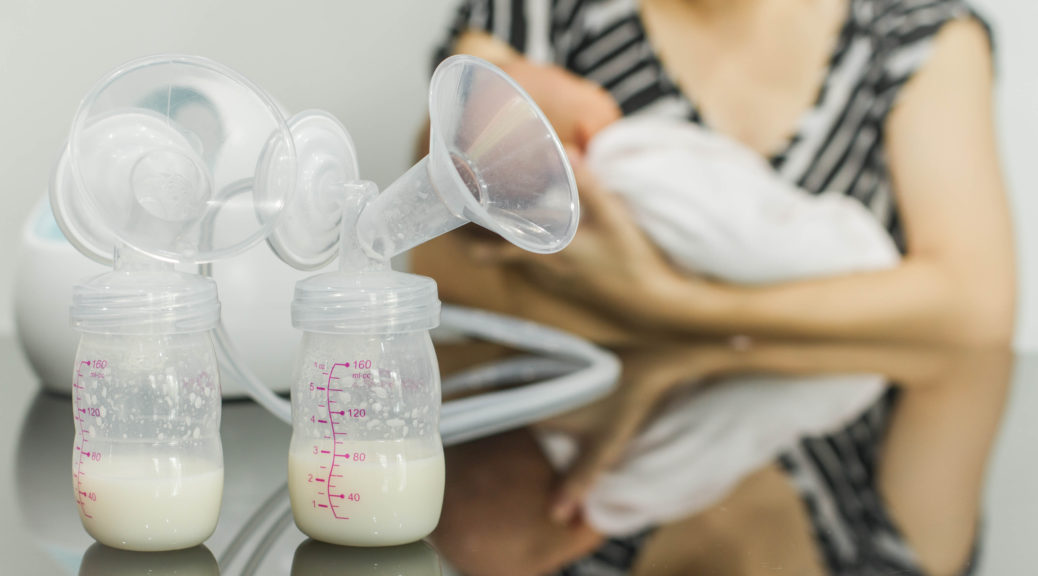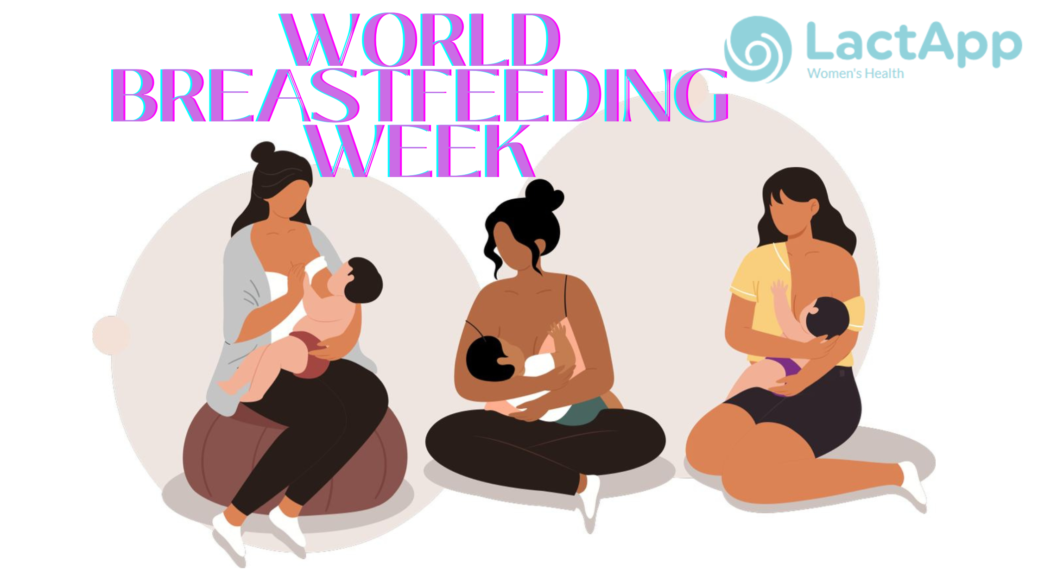Weight stagnation when breastfeeding is already established
Sometimes we find that the reason for a consultation is weight stagnation in infants who had previously had adequate weight gain for their age. When faced with these cases, it is important to make a thorough assessment of the situation, not only of breastfeeding but also of other reasons for this possible slow down of weight gain. It is also important to monitor changes in the infant’s behaviour. The mother’s sensations and perceptions can also provide us with valuable information….








